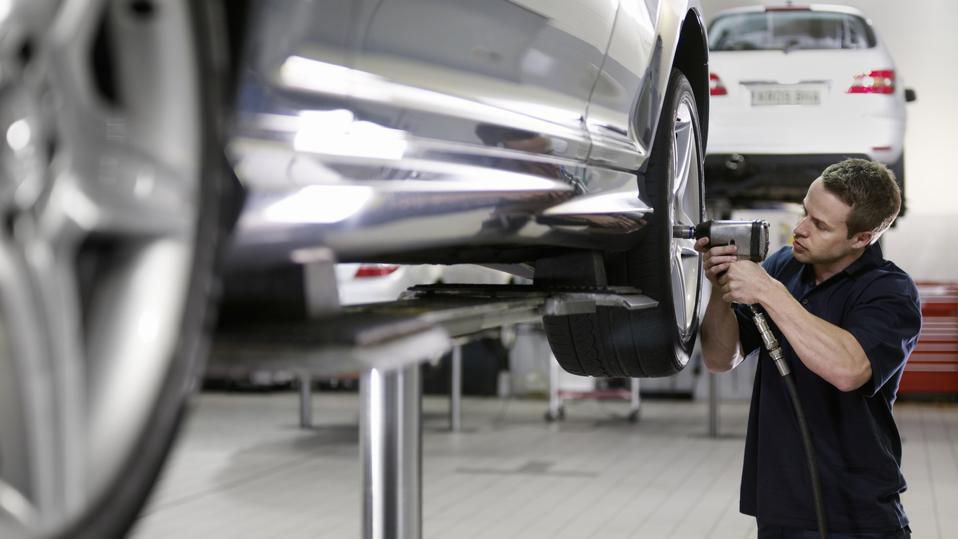If you are like many people, you have likely had to deal with unexpected car repairs at some point. If your car breaks down it can be difficult to come up with the money to fix the problem. If you live in some states, unfortunately, the law requires you to pay for any repairs and to cover all costs associated with a vehicle until you are paid in full by the insurance company. If you live elsewhere, chances are that you will not be covered for these unexpected repairs and you could wind up owing money to someone else or having to incur large deductibles to pay for repairs that you have not caused. In order to avoid this problem, it is important that you learn how to prevent unexpected car repairs.
One of the first things that you should do after an accident is to write out a list of damages you presume need repaired. Note that the vehicle was damaged and that vehicle was not damaged. If you were not at fault, include in this list all the vehicles that were damaged. It is important to make sure that you list every single repair that you have made. If you have several vehicles to list, write them out side-by-side so that the list of vehicles actually damaged in the accident is easier to read.
It may take several months before the insurance company pays you a sum of money. Insurance companies handle claims as a result of an accident. If you have a mechanical breakdown, the cost of repairs are usually covered under some type of warranty. Manufacturer’s warranties usually cover three to five years of repairs. At some point, it will expire so you will have to look further into auto extended warranties.
The cost of repairs all depend on the type of car, the year, make and model of the vehicle. Less expensive cars require less maintenance and the cost of parts is usually cheaper. You may find yourself wondering, “How much is a Subaru Crosstrek?” Depending on the reliability of these cars, you may be interested to know how affordable one may be.
If involved in an accident, you should contact the insurance company. If you have any pictures or details about the accident, you should forward these to the insurance company as soon as possible. You should keep all the repair bills for as many vehicles as possible, as they will be required when you are claiming on your policy.
The next step to take when it comes to car repairs is to call your insurance company. At the time of the claim, you should have all the information relating to the accident. You should also have your vehicle’s information (vendor, model, year, etc.) and the insurance information relating to the vehicle (like the deductible and the coverage).
Car repairs can be expensive. To make sure that you do not spend too much money on the repairs, you should get estimates from various places. This way you can get a general idea of how much you will need to spend on the repairs and how much the vehicle is worth. Keep track of the quotes that you receive, and always negotiate with the insurance company for lower rates. When it comes to car repairs, bargaining never pays.
How to prevent car repairs can also include installing safety devices in your vehicle. Some of these devices are alarms, windshield wipers, and taillights. Make sure they are working at all times especially during bad weather. These items will make the repairs that you need to get done less costly. This will also make driving safer for you and other people on the road. In addition, by driving a safe car, you will save the insurance company the cost of emergency vehicle services, which are very expensive.
How to prevent unexpected car repairs should be something that you are comfortable doing yourself. If you are not comfortable with performing some of these repairs, you should not attempt to make them on your own. If you drive a car that needs serious repair, you should see a mechanic as soon as possible for car repair and maintenance. This will help you avoid needing to make car repairs on an ongoing basis, which can become quite expensive. Always contact your insurance company before attempting to work on any vehicle that requires major repairs or maintenance.

